Who doesn’t love Pineapples?! You’re probably using Wi-Fi in a coffee shop or airport right now, and you’re thinking it’s all good. Let me tell you, it’s not. You’re basically broadcasting your personal info to the world, kind of like posting your browsing history on a billboard. Wi-Fi Pineapples are devices that can intercept your connection, making you think you’re on the legit network when you’re actually being hacked.
These devices are super easy to use; even a not-so-tech-savvy person can do some serious damage. They work by creating a fake Wi-Fi network that your device automatically connects to. Who hasn’t got their Wi-Fi set to auto-connect, right? Once you’re on their network, they can see everything—from your emails to your online banking.
So, what’s the big deal? Imagine you’re doing some online shopping, and suddenly, your financial info is in the wrong hands. Or you’re accessing sensitive work info on a public network, and suddenly, your company’s data is compromised. It’s not just about you; it’s about the ripple effect. Your compromised info can lead to identity theft, financial loss, or even put your company’s security at risk.
Let’s put it into perspective: it’s like leaving your front door unlocked when you go out. You might be thinking, “What’s the worst that could happen?” But the worst is exactly what could happen—someone walks into your house, takes your stuff, and you’re left dealing with the mess.
Now, some of you might be thinking, “Use a VPN, and you’re golden.” And yeah, it’s a good start. A VPN encrypts your data, making it harder for hackers to intercept. But it’s not foolproof. You see, if you connect to a malicious network, the hacker can still try to trick you into divulging sensitive info or install malware.
Here’s what you can do: Be more aware of your surroundings, or rather, your network surroundings. Disable auto-connect on your Wi-Fi; it’s like being cautious about who you let into your home. Use a VPN; it’s like having a decent lock on your door. And keep your software up to date; it’s like having a good alarm system.
Why does this matter in our daily lives? In a world where we’re increasingly connected, security is no longer just a tech issue; it’s a people issue. We’re all connected, and one weak link can compromise the whole chain. So, what if we all took a bit more responsibility for our online security? What if we started treating our personal data like it’s our most valuable possession? Because, guess what, it is.
Are you locked and loaded, or are you just winging it when it comes to your online security?
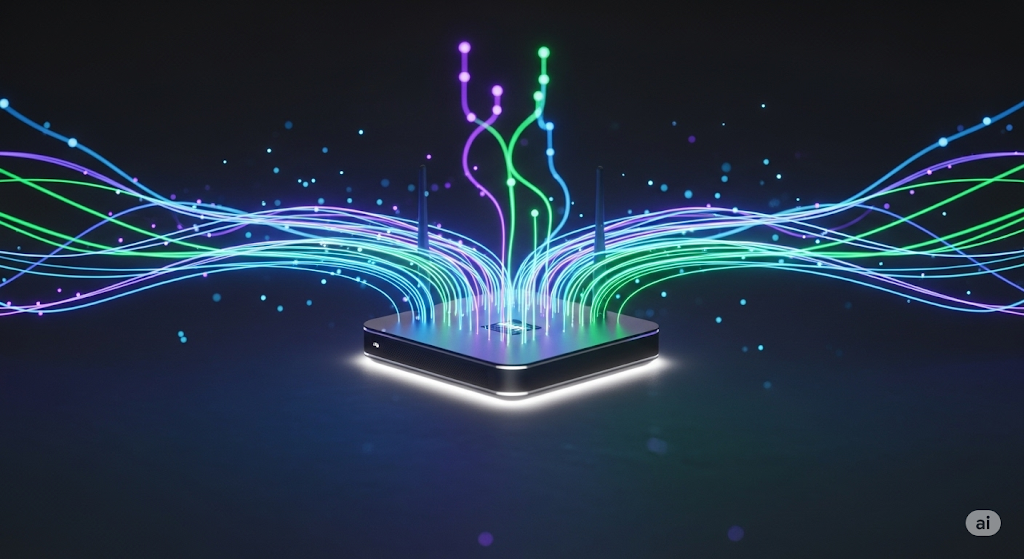

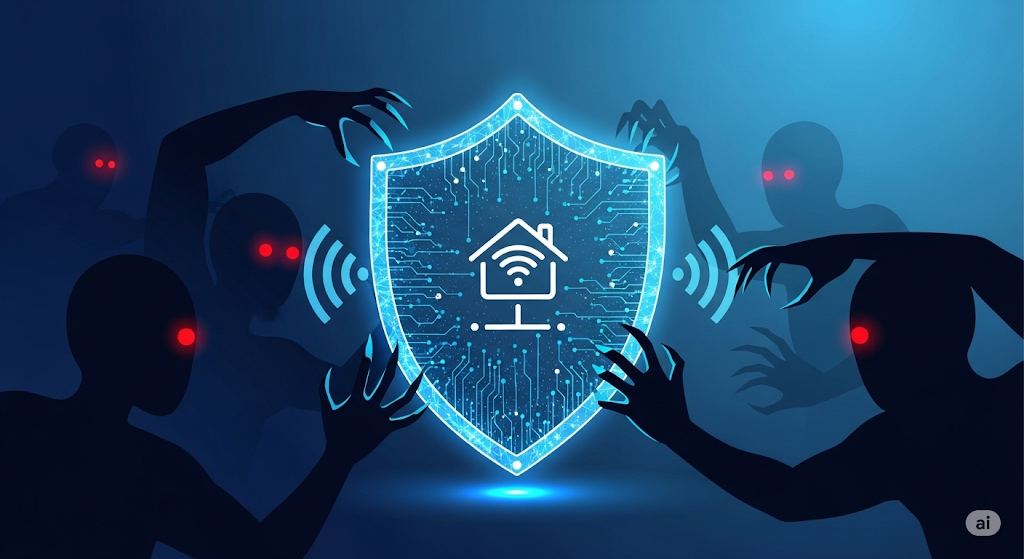
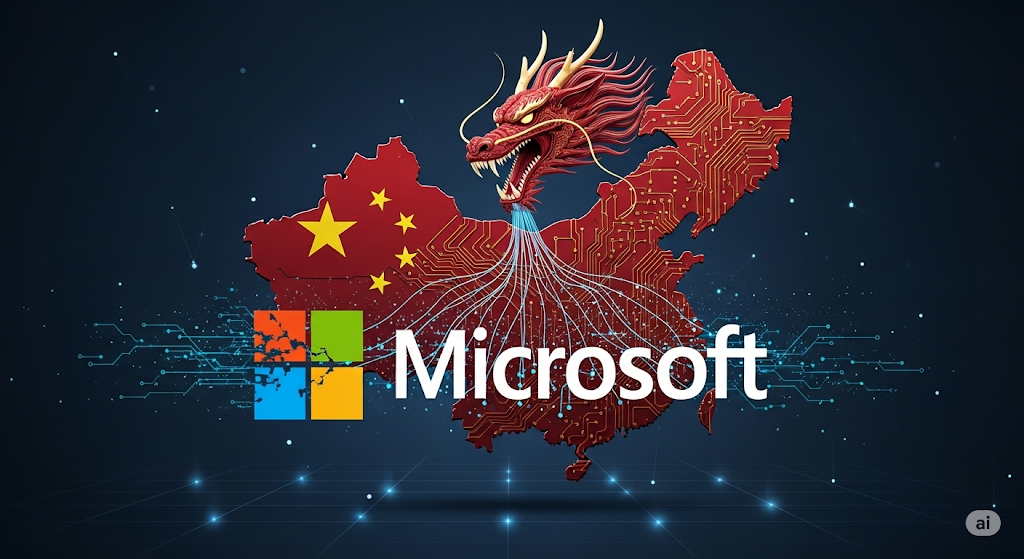

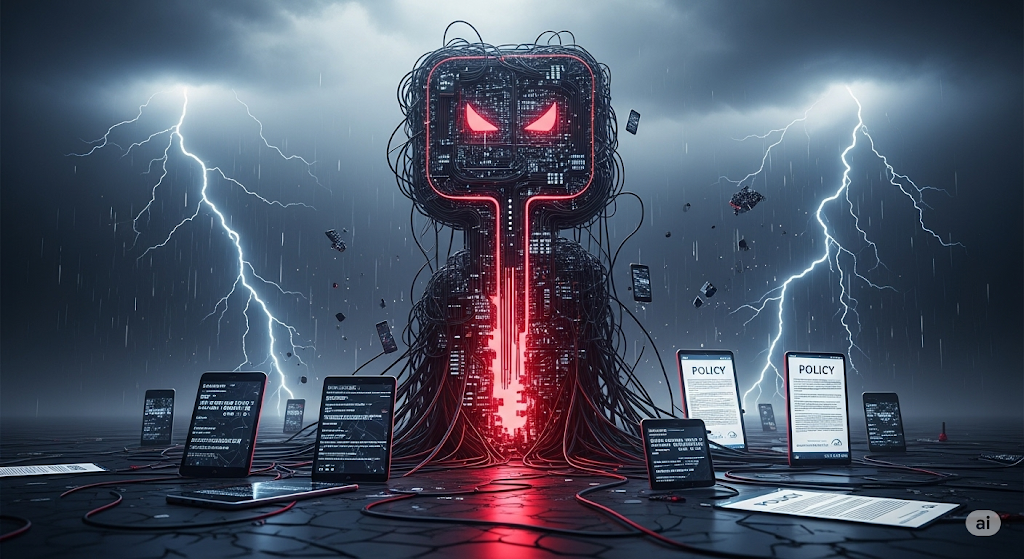
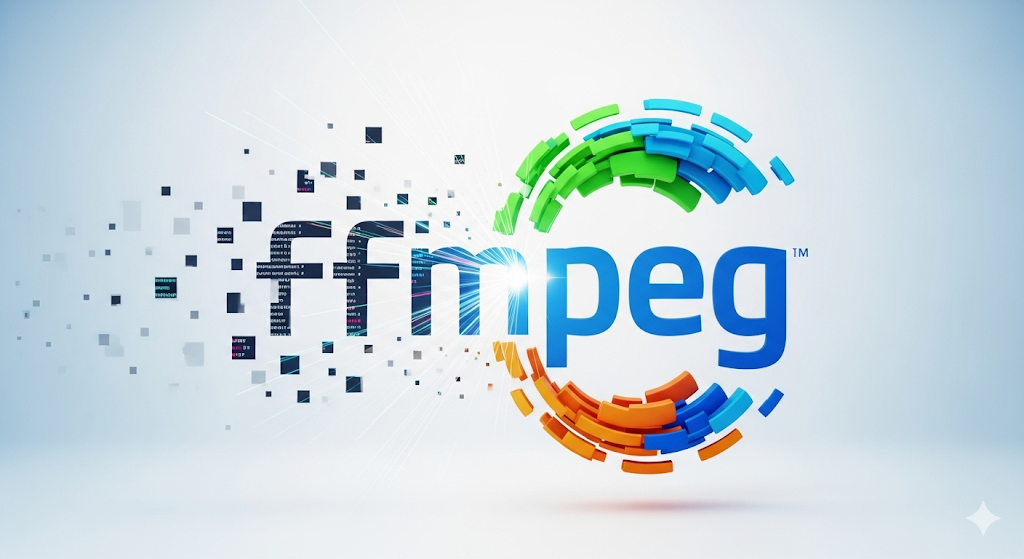
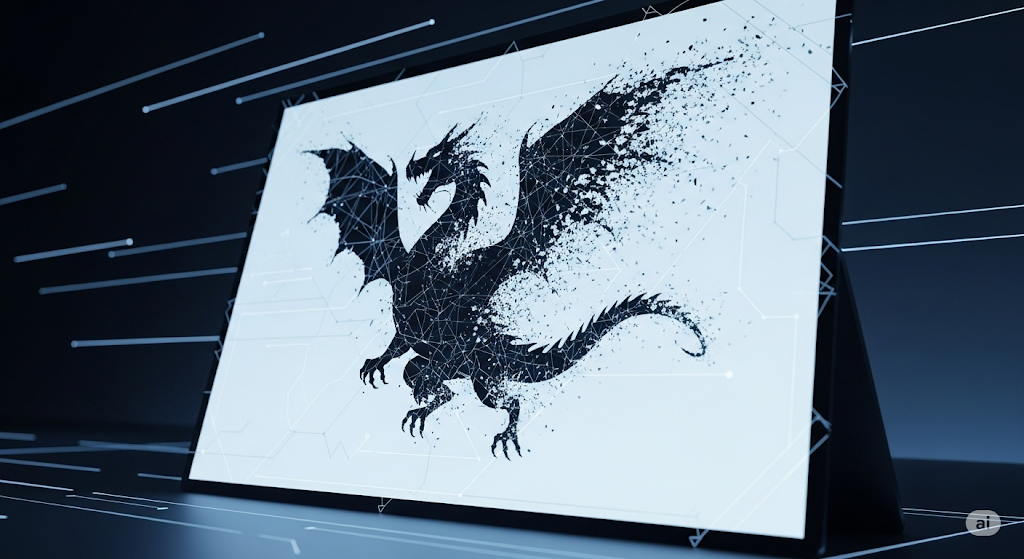
Leave a Reply